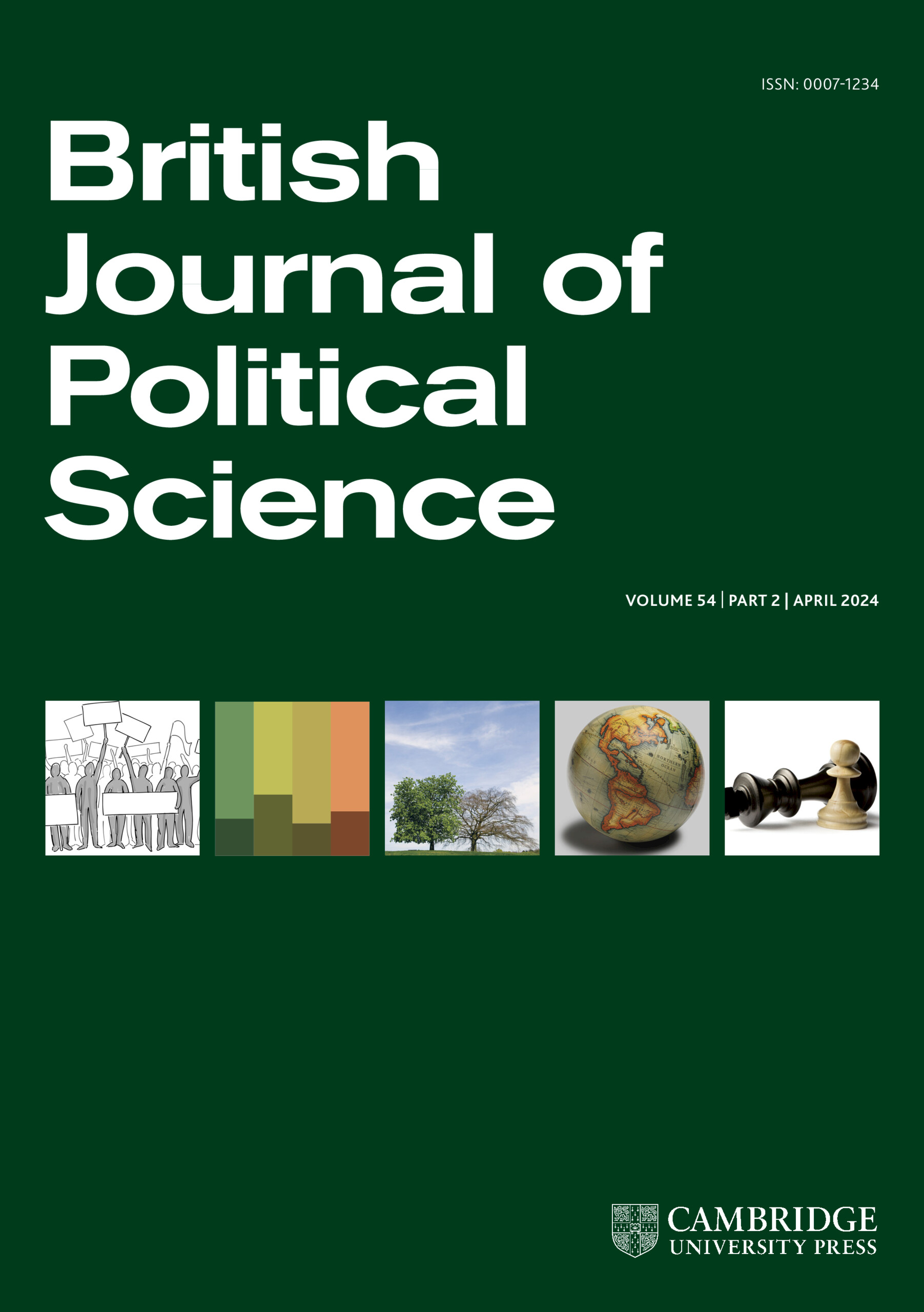Nostalgia in European Party Politics: A Text-Based Measurement Approach
IF 4.6
1区 社会学
Q1 POLITICAL SCIENCE
引用次数: 0
Abstract
Abstract Traditional research on political parties pays little attention to the temporal focus of communication. It usually concentrates on promises, issue attention, and policy positions. This lack of scholarly attention is surprising, given that voters respond to nostalgic rhetoric and may even adjust issue positions when policy is framed in nostalgic terms. This article presents a novel dataset, PolNos, which contains six text-based measures of nostalgic rhetoric in 1,648 party manifestos across 24 European democracies from 1946 to 2018. The measures combine dictionaries, word embeddings, sentiment approaches, and supervised machine learning. Our analysis yields a consistent result: nostalgia is most prevalent in manifestos of culturally conservative parties, notably Christian democratic, nationalist, and radical right parties. However, substantial variation remains regarding regional differences and whether nostalgia concerns the economy or culture. We discuss the implications and use of our dataset for studying political parties, party competition, and elections.欧洲政党政治中的怀旧:基于文本的测量方法
传统的政党研究很少关注传播的时间焦点。它通常集中在承诺、问题关注和政策立场上。考虑到选民对怀旧言论的反应,甚至可能在政策以怀旧的方式制定时调整问题立场,这种缺乏学术关注的现象令人惊讶。本文提出了一个新的数据集PolNos,它包含了1946年至2018年24个欧洲民主国家的1648个政党宣言中的六种基于文本的怀旧修辞指标。这些措施结合了词典、词嵌入、情感方法和监督机器学习。我们的分析得出了一致的结果:怀旧在文化保守政党的宣言中最为普遍,尤其是基督教民主党、民族主义和激进右翼政党。然而,地域差异以及怀旧是否与经济或文化有关,仍存在实质性差异。我们讨论了研究政党、政党竞争和选举的数据集的含义和使用。
本文章由计算机程序翻译,如有差异,请以英文原文为准。
求助全文
约1分钟内获得全文
求助全文
来源期刊

British Journal of Political Science
POLITICAL SCIENCE-
CiteScore
8.70
自引率
4.00%
发文量
64
期刊介绍:
The British Journal of Political Science is a broadly based journal aiming to cover developments across a wide range of countries and specialisms. Contributions are drawn from all fields of political science (including political theory, political behaviour, public policy and international relations), and articles from scholars in related disciplines (sociology, social psychology, economics and philosophy) appear frequently. With a reputation established over nearly 40 years of publication, the British Journal of Political Science is widely recognised as one of the premier journals in its field.
 求助内容:
求助内容: 应助结果提醒方式:
应助结果提醒方式:


